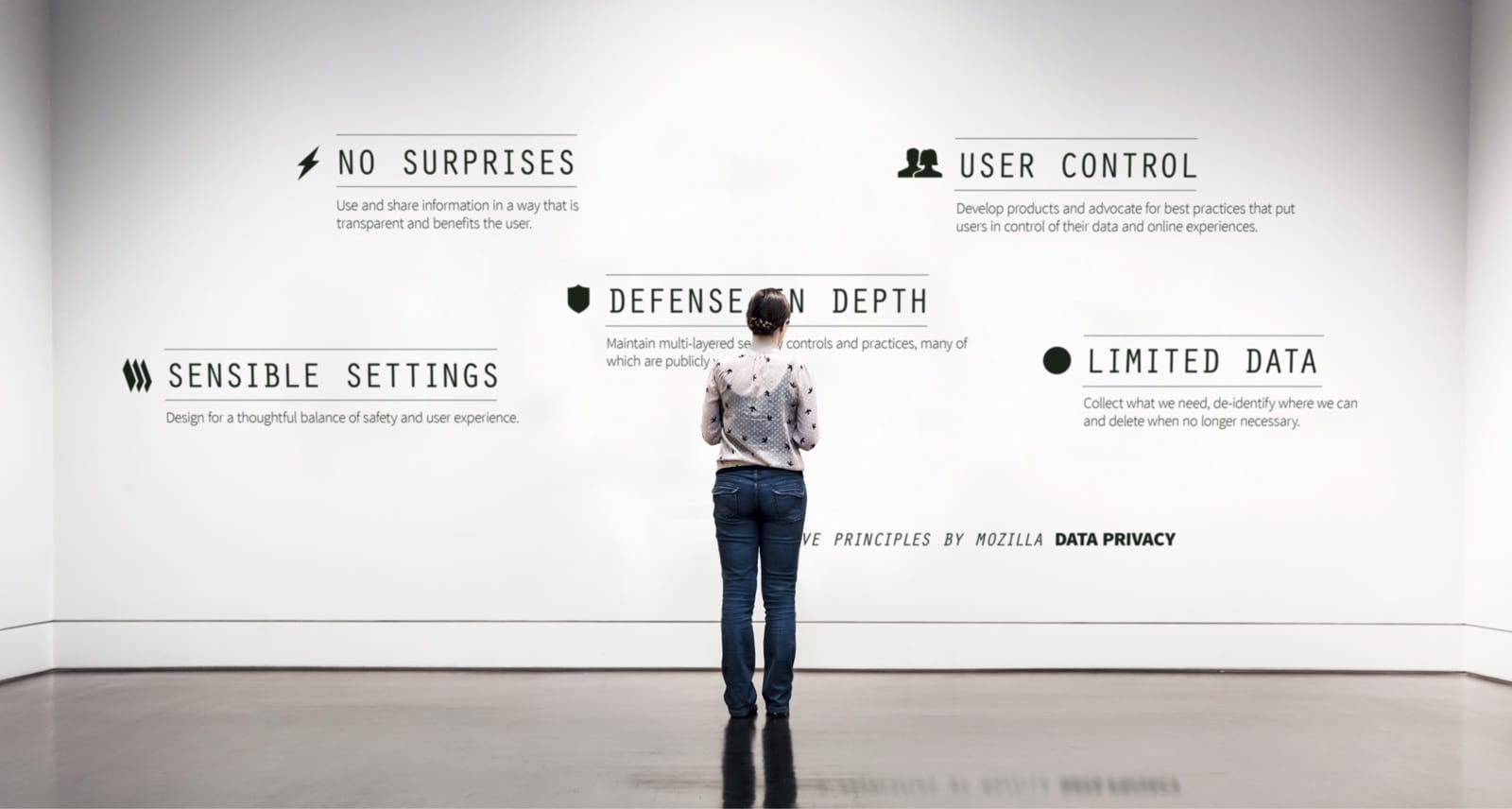In the digital age, data privacy is gaining more and more attention. Many marketing and sales activities have been moved online. Digital crimes and digital terrorism have become a real threat. Recently, Belgian police warned residents not to use the new Facebook reaction buttons due to a privacy concern. To quote the police, “If it appears that you are in good spirits, Facebook will infer that you are receptive and will be able to sell advertising space by explaining to the advertisers that they are more likely in that way that you will react.”
In the case of personal data collected at events, the risk that the misuse of data might happen makes government agencies and large corporates hesitated to engage a third party for event data management. They will have a team that works on their own software and tools. However, if your organization is still willing to use a third party event management app or software, here are the 4 steps that will ensure your data privacy.
Step 1: Scrutinize the privacy policy of the event planning company and event management software company
Have you heard of the Personal Data Protection Act? If not, you should go checking out the legislation on data privacy in our country. Basically, the act will make sure that as soon as you store information about someone else you become responsible for ensuring that their information is kept securely and used appropriately.
You will check in the event company and event management software company’s terms and conditions or privacy policy whether they include the enactment of the legislation.
Step 2: Check whether an event management software company has clients from the government sector
The government agencies only work with people they can trust since their delegate information is classed as highly sensitive. The big corporates as clients will also testify the safety of your event attendee information in their hands.
GEVME is an enterprise event management software created for large enterprises and government agencies.

Step 3: You will need permission from the event attendees if you want to share their identity to other attendees
An attendee’s name, job title and organization are the only details that you can really share without asking for permission as they are essentially in the public domain. Anything more than that such as email address, photo, and even diet preference should not be revealed to anyone without the person’s permission. Take someone’s dietary requirements, this kind of seemingly trivial information can turn to something dangerous if the person, say, is allergic to certain food. Imagine someone might try to harm your attendees.
Step 4: Give the attendees the opportunity to opt in/out of a list of attendees, if it is to be issued to a third party
This step will help you yourself stay clear of violation of the Personal Data Protection Act. If an attendee is not given the change to opt in/out you won’t be allowed to disseminate his or her information.
An opt in/out tick box needs to be incorporated into the booking form, with words similar to:
‘[Your organization name] may pass your registered details for this event on to other parties. If you do not wish your details to be used in such way, please tick this box.”
Any thoughts on ensuring event data privacy? Let us know in the comments.








